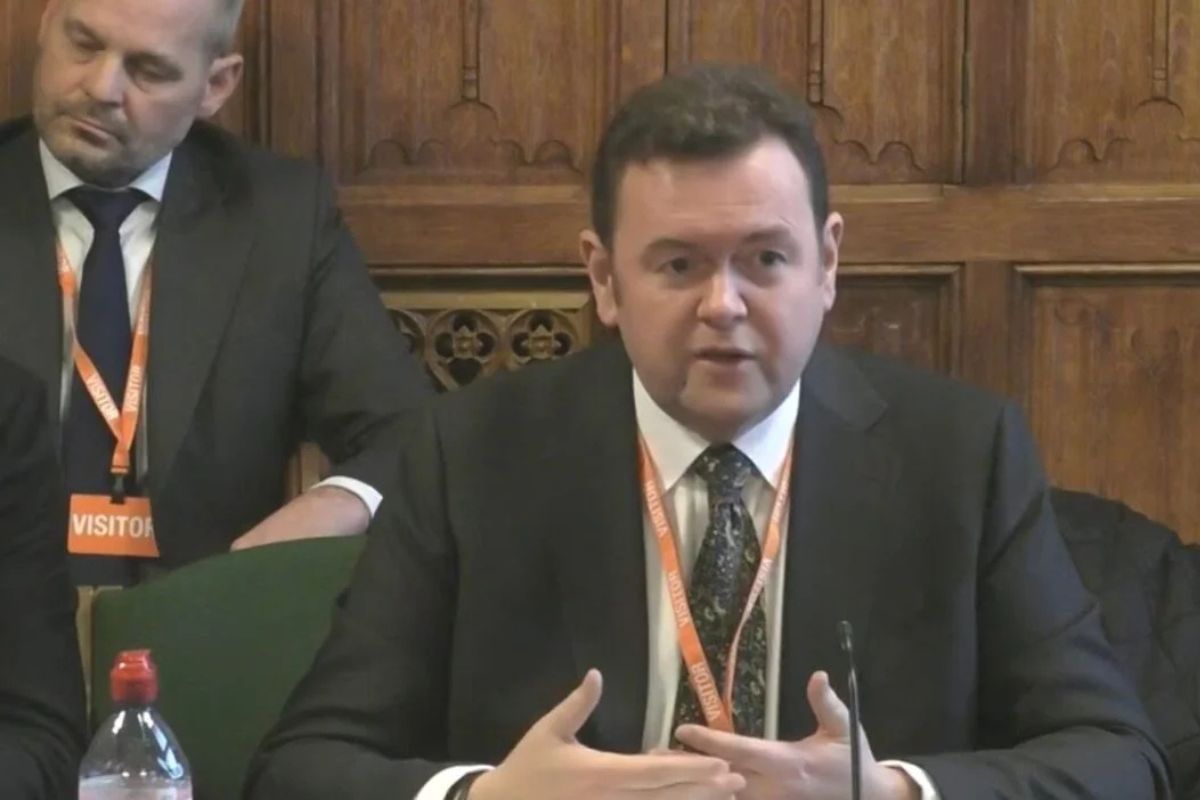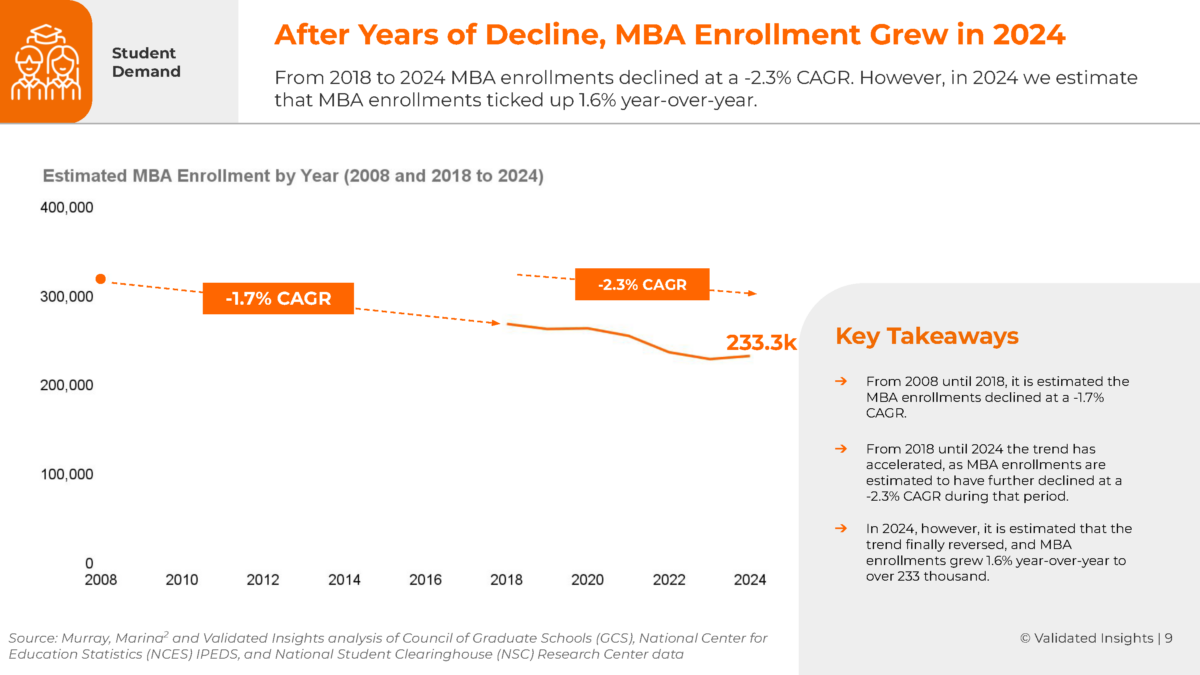Learners with SEND benefit when specialist and general colleges work together, new ETF report finds

Closer working between specialist and general FE colleges can have significant benefits for learners with Special Educational Needs and Disabilities and their teachers and tutors, according to a new report from the Education and Training Foundation (ETF).
Based on a project that studied the impact of 13 partnerships that engaged 48 senior leaders and 212 managers, practitioners and learners, the report – Putting learners with SEND at the centre of FE provision: A partnership approach – identified benefits in four key areas:
- Learning opportunities were extended or enriched through the availability of an increased range of work placements, the sharing of facilities, and colleges ‘sharing learners’ with aspects of provision being delivered by both providers.
- Learners were enabled to progress further or more fully reach their potential, thanks to the arrangement of on-site taster sessions at the general colleges, the development of general college’s capacity to meet learners’ needs through closer liaison between support staff in both settings, and coordinated curriculum planning to aid sequential learning.
- Improved continuous professional development (CPD) though the establishment of cross-college communities of practice, the opening up of CPD by the colleges to each other’s staff, and the delivery by learners from specialist colleges of training on autism to staff at general colleges.
- The provision by a specialist college of advice, guidance and support services to general colleges to enable the enrolment of students with high-level health needs onto mainstream courses.
Many of the partnerships intend to drive forward their joint initiatives by launching new ways of working from September 2022, aiming to make the new practices they have explored the norm by building them into existing work cycles, frameworks, policies and job descriptions.
Teresa Carroll, the ETF’s National Head for Inclusion, said:
“This report highlights the potential of partnership working between specialist and general colleges to benefit learners with SEND and the staff that support them.
“If these benefits are to be replicated more widely and in the longer term, it will be important that local authorities play their part in the adoption of the learner-led approach at the heart of these stories.
“That kind of approach would be in line with the recently published SEND Green Paper, which recognises the value of more joined-up thinking and proposes greater coordination across educational settings.
”David Holloway, Senior Policy Manager (SEND) at the Association of Colleges, added:
“Staff in specialist colleges and staff in general further education colleges both have incredible skills. It is inspiring to see these two parts of the college sector working together to create such varied partnerships that will benefit students and show what is possible in the future.”
Ruth Perry, Senior Policy Manager and project lead at Natspec, said:
“This project has given us a taste of what the future of SEND in FE could look like. We foresee a wider role for specialist colleges, in which as well as delivering provision for their own students, they might also be offering specialist services to other providers, co-delivering programmes that draw on the strengths of each provider, and providing training and support for FE providers across their region.
“We’ll be keeping in contact with the partnerships, identifying the obstacles that must be overcome in order to turn these projects into ‘business as usual’, and making recommendations to the relevant bodies once we are clear what changes will be needed.”
The projects on which the report is based were delivered by the Association of Colleges and Natspec. They were commissioned by the ETF with funding secured from the Department for Education.
‘Putting learners with SEND at the centre of FE provision: A partnership approach’ is available on the ETF’s SEND Excellence Gateway site.














Responses